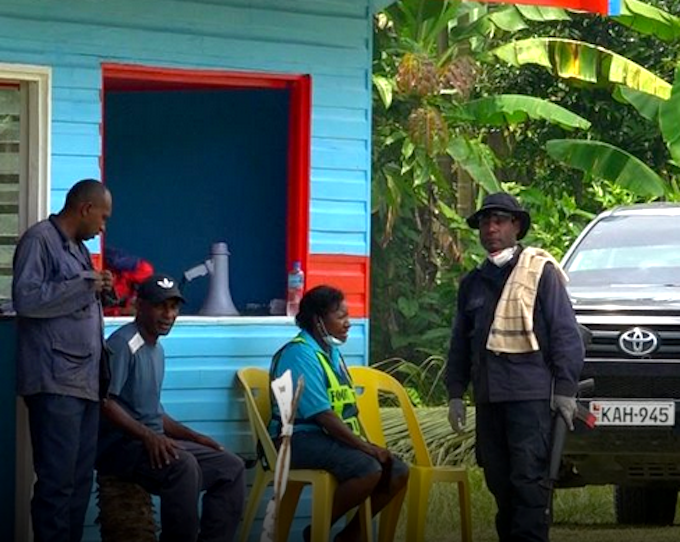
COMMENTARY: By Georgie Bright, Australia associate director of Human Rights Watch
Even before the coronavirus pandemic, the fragile health system in Papua New Guinea was underfunded and overwhelmed, with high rates of malaria, tuberculosis, and diabetes among its population of more than eight million.
Access to hospitals is extremely limited, with 80 percent of the population living outside urban centres. Prime Minister James Marape has acknowledged the country has only 500 doctors, less than 4000 nurses, and around 5000 beds in hospitals and health centres.
The country reportedly has only 14 ventilators. A Covid-19 outbreak would be catastrophic.
READ MORE: Al Jazeera coronavirus live updates – WHO defends crisis handling, UK toll rises
To date, there have been two confirmed cases of Covid-19 in PNG. It could be that PNG will be spared the scale of the pandemic seen elsewhere such as Wuhan, a dense urban area with a mobile and older population.
But Police Minister Bryan Kramer has acknowledged the country has a limited capacity to test people, raising concerns that the actual number of cases is higher.
Despite Marape’s assurances that personal protective equipment would be made available to health workers, the Ministry of Health released a situation report on March 13 detailing chronic deficiencies, as well as inadequate training on use of such equipment and infection prevention and control.
Nurses across the country have threatened to strike over the lack of basic medical supplies.
Health workers protest
In Lae, health workers protested over a lack of preparedness and demanded more information about the virus.
Some doctors told The Guardian that they are forbidden from speaking with the media under PNG’s state of emergency powers.
While the emergency powers do not expressly prohibit health workers from speaking publicly, PNG’s police commissioner has warned that anyone spreading “false” or “unsanctioned” information during the Covid-19 state of emergency will be prosecuted.
On April 2, the PNG Parliament voted to extend the 14-day state of emergency for two months.
Under international human rights law, governments should ensure that people have access to information. That means that medical staff should be able to speak up and provide accurate and timely information about the pandemic and how to limit transmission.
The PNG government, with support from donor governments like Australia and New Zealand, should take urgent steps to ensure that information is accessible, that personal protective equipment is provided to health care workers, and that affordable and accessible medical care is available to protect PNG’s poorest and most vulnerable people.
Human Rights Watch investigates and reports on abuses happening in all corners of the world. The advocacy group is roughly 450 people of 70-plus nationalities who are country experts, lawyers, journalists, and others who work to protect the most at risk, from vulnerable minorities and civilians in wartime, to refugees and children in need.











































